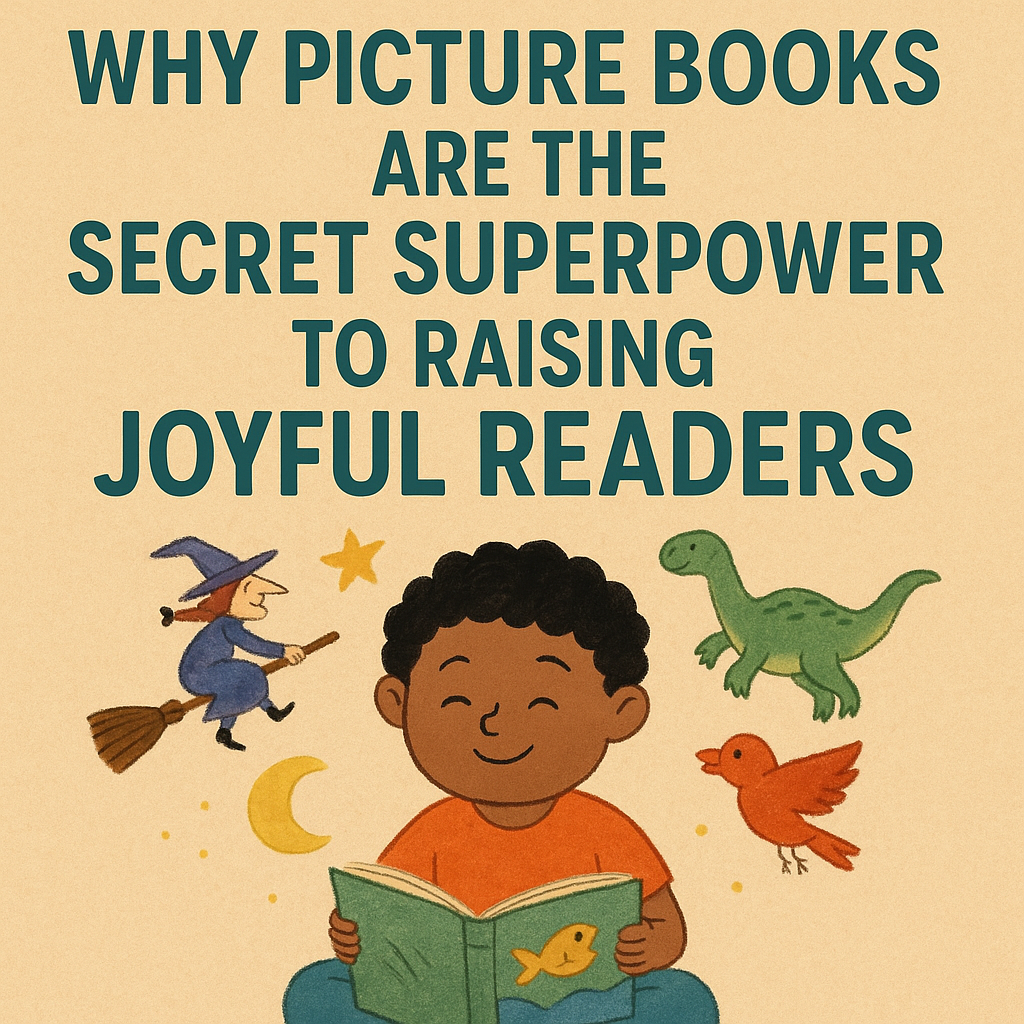Follow Us
- Language Learning
- October 9, 2025
- 8 Min min read
Why Family Stories Are the Secret to Raising Resilient, Rooted Children
Do you remember the time you hid behind the cupboard and did not know how to come out? Your grandmother used to walk miles to school with just one slate in her hand. On the day your brother were born, you were so excited and refused to go home from the hospital. You thought he can start playing with you right away.”

Stories like these might seem like small family anecdotes, but to a child, they are priceless treasures. They are not just about the past—they are about belonging, identity, and connection. And in today’s fast-paced world, where childhoods are filled with gadgets and distractions, family stories are more important than ever.
Family Stories Strengthen Bonds
Children love hearing stories about themselves. Think of their delight when you remind them of their first birthday party, or the funny way they mispronounced words as toddlers. These stories build bridges between generations, reminding children that they are loved, celebrated, and most importantly—cherished.
Even more powerful are stories that cross generations: tales of grandparents, great-grandparents, and even ancestors long gone. Maybe it’s how a grandmother learned to cook on a wood fire, or how a grandfather once cycled across towns to find work.
When children hear these stories, they don’t just learn history—they feel the love, sacrifices, and triumphs that built their family. They see resilience modelled, and it helps them become resilient too.
Family Stories: More Than Just Nostalgia
As parents, we often focus on what’s ahead—school admissions, marks, careers. But when we look back and share stories, we are giving our children something they desperately need: roots.
Family stories are not just nostalgia trips. They’re gentle reminders to children that they come from somewhere, that they are part of something bigger than themselves. Knowing that their grandfather was a freedom fighter, or that their mother once won a drawing competition in Class 3, tells them: You belong to this family. You are part of this journey.
This sense of belonging is the foundation of self-esteem and resilience. When children know where they come from, they face the world with confidence.
The Science Behind Family Stories
Psychologists have found that children who know their family stories are more emotionally strong. Research calls it the “intergenerational self”—the idea that children who know they are part of a larger family narrative handle stress better and show greater resilience.
Think about it: if a child knows that her grandmother grew up with very little and still built a life full of joy, she begins to believe she too can overcome her own challenges. These aren’t just stories—they’re roadmaps for life.
Making the Past Come Alive
The magic of family stories is in the way they paint pictures. Instead of rattling off facts, describe the scene.
Don’t just say: “Your grandfather was a farmer.”
Say: “Your grandfather woke up before sunrise, walked into the fields when the mist was still hanging low, and sang songs to the bullocks while he ploughed the land.”
Children love details. The smells, the sounds, the little quirks—all of these make ancestors come alive in their imaginations. Suddenly, history is not something in a textbook. It is their own story.
Practical Ways to Share Family Stories
- Bedtime Rituals: Instead of always reaching for a fairy tale, tell a true family tale. End the night with, “Did you know what your papa did when he was your age?”
- Photo Albums: Take out old albums (or even your phone gallery) and narrate the stories behind the pictures. Children love to see themselves as babies, but equally enjoy seeing their parents as little kids!
- Festivals and Traditions: Use Diwali, Pongal, Eid, or Christmas as storytelling opportunities. Share why certain customs exist in your family and the memories attached to them.
- Record Them: Children today love videos. Why not record grandparents narrating their childhood tales? These become keepsakes for years to come.
- Encourage Questions: Let children ask, “What was school like for you?” or “What games did you play?” Their curiosity will keep the stories flowing.
The Gift of Resilience and Belonging
In India, our culture is rich with oral storytelling traditions: Panchatantra tales, folklore, and village legends. But somewhere in the rush of modern life, we’ve forgotten that the stories closest to home matter most.
When children grow up with family stories, they don’t just inherit memories. They inherit strength. They know that their family has faced hardships before, celebrated joys before, and still carried on. That knowledge is like a shield they can carry into their own lives.
At the same time, family stories remind children that they are never alone. They are part of a long, unbroken chain of love, sacrifice, and hope.
Quick Suggestions
Parents, if you want your child to grow up confident, resilient, and deeply connected to their roots, start telling your family stories. Don’t wait for the “right time.” The best time is over dinner, during a car ride, or just before bed.
Your stories are the best legacy you can leave behind—not money, not marksheets, but a sense of belonging and the belief: I am part of something bigger. I come from love, and I carry that love forward.
So tonight, instead of scrolling through your phone, tell your child about the time they took their first wobbly steps—or about the time their grandmother lit up the house with just her laughter. Watch their eyes shine.
Because in that moment, you’re not just telling stories—you’re weaving resilience, love, and belonging into the very fabric of your child’s future.
✨ At The Chippersage, we believe literacy isn’t just about books—it’s about stories, connections, and roots. Family stories are where it all begins.
Latha Srinivasan
© 2025 Chippersage. All rights reserved

